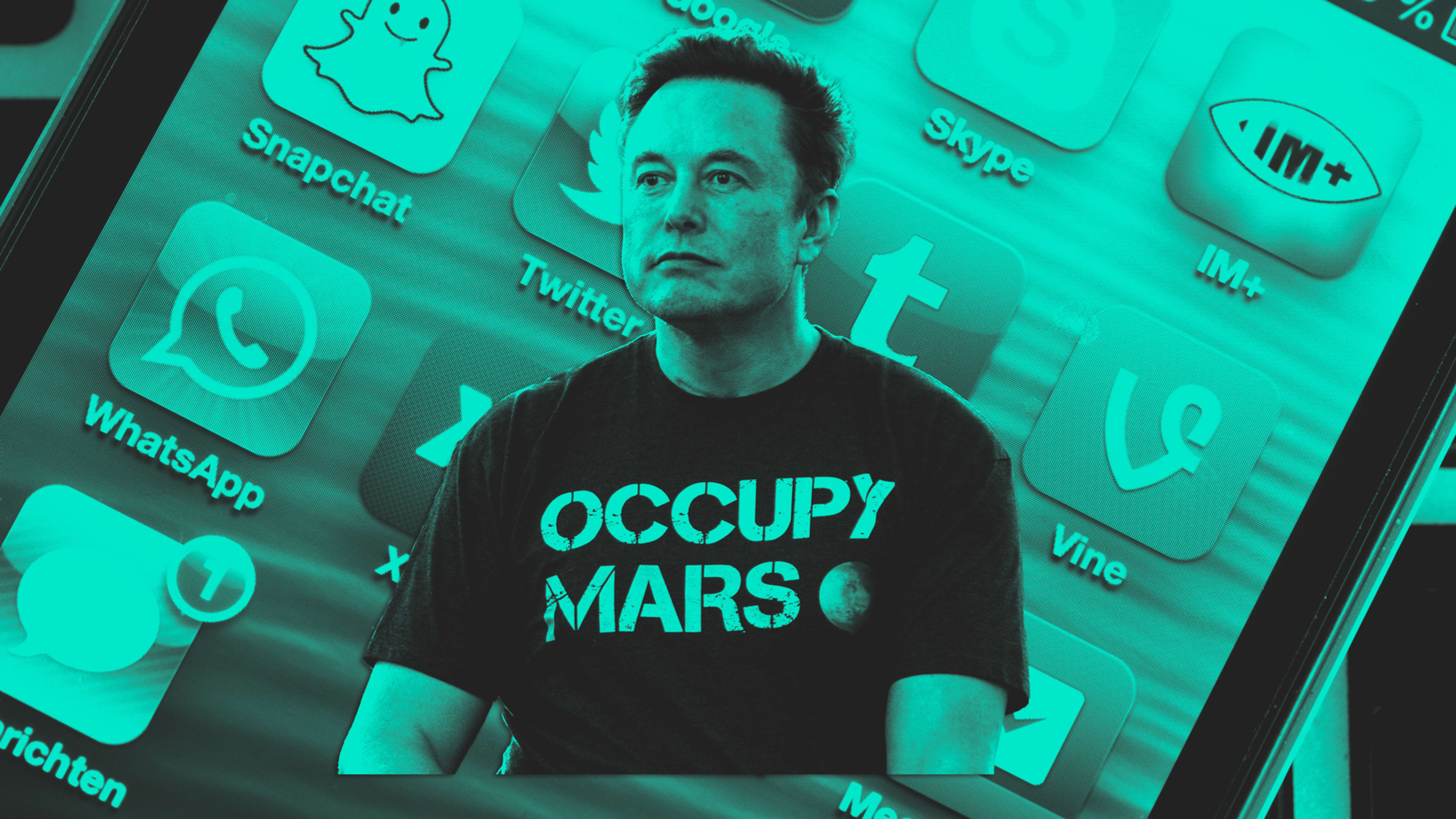On October 30, newly appointed “Chief Twit” Elon Musk posted a Twitter poll with a simple question: “Bring back Vine?” Nearly five million votes later, the poll closed with a resounding “Yes,” with 69% of the nearly five million respondents voicing their support for reviving the short-form video service.
But could a Vine relaunch actually be successful in the modern day? The platform, known for its six-second looping format, shut down in January 2017. Since then, there have been numerous attempts to revive the app, including Vine 2, which now exists as an app called Huddles. But nostalgia for the original Vine persists, as evidenced by Musk’s Twitter poll results.
Karyn Spencer, former head of creator development at Vine, says those results were a hot topic in a group chat she maintains with former Vine coworkers. To Spencer, the poll exemplifies a trend she’s seen since the app went dark: People like remembering Vine more than they liked the app itself.
“If all of those people who voted ‘Yes’ were daily active users on Vine, then we would have never shut down,” Spencer says. “We’ve seen for years now, celebrities will post, ‘I miss Vine!’ and the tweet goes viral. The nostalgia for Vine is more popular than the app ultimately was at the end.”
Musk’s idea to bring back Vine is “as smart as any other idea he’s come up with for Twitter so far,” says Rich Arnold, Vine’s former head of design and, by his account, the last person to ever post a video to the app. (“I got them to shut down posting privileges for everyone, and then just keep it open for my user ID for 30 minutes,” he says.)
Arnold agrees that Vine’s nostalgia factor is its biggest selling point, and that Vine did fill a niche in the market for “bizarre content.” (See: the “come get y’all juice” video.) “That said,” he adds, “if that content could exist today, it would be on TikTok.”
And therein lies the biggest obstacle for a Vine reboot to succeed: TikTok has completely dominated short-form video.
“We walked so TikTok could run,” says Jared Kleinstein, former head of sports and international content strategy for Vine and Twitter, and the founder of creator analytics and portfolio platform Gondola. “In order to bring back any kind of product, it would actually have to be better than, or iterative on, what TikTok provides to the world.”
That’s no easy task, especially considering Vine was nowhere near perfect when it shut down. Kleinstein cites monetization, music licensing, customer privacy, Twitter integration, and an outdated codebase as some of the app’s problems Musk would have to solve. Essentially, he’d be “starting from scratch,” Kleinstein says, and it would take a massive overhaul to actually compete against TikTok.
“When they converted Musical.ly over to TikTok, they were really intentional about taking notes and understanding what previous competitors did wrong and did right,” explains Spencer, referencing ByteDance’s acquisition of the popular lip-syncing app in 2018. “That same level of planning and strategy and really strategic intelligence would need to go into the launch of something new.”
So, is Musk up to the task? It depends on whom you ask—but according to these former Vine employees: no, almost definitely not.
“There’s no level of competence in this context that has been displayed by him or anyone around him,” Spencer says. “He would really have to hire a team of brilliant people to pull something like that off.”
Recognize your brand’s excellence by applying to this year’s Brands That Matter Awards before the early-rate deadline, May 3.
